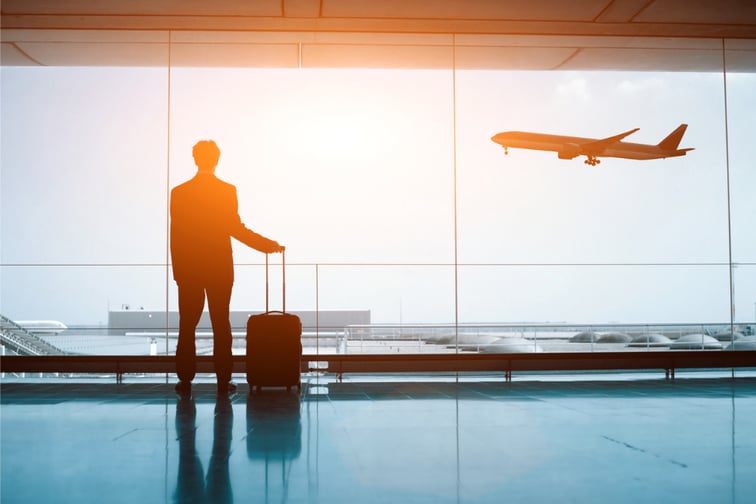

Most companies rely on business travels to expand their global presence, which often entails going to distant and isolated locations. But the pandemic has forever reshaped the way people travel, forcing them to consider additional factors, including airline requirements, coronavirus regulations in transit and destination countries, and arrangements for their safe return.
While the COVID example highlights the importance of business travel insurance, this type of coverage would certainly push up the cost of each business trip. While that is a downside, its goal is to protect companies against major financial losses should an unexpected issue occur.
In this part of our client education series, Insurance Business discusses the importance of having this form of protection, what such policies cover, and how businesses can find the right coverage for their travel needs. We encourage insurance brokers and agents to share this article with their clients to help them decide if business travel insurance is a worthwhile investment.
Business travel insurance – sometimes referred to as corporate travel policies – works just like personal travel coverage, protecting the policyholder from certain financial risks and losses they may encounter during their trips. The main difference is that corporate travel insurance covers mostly business-related events.
Here are a few basic points to consider:
Policies typically protect against a broad range of losses from those resulting from minor incidents, such as delayed luggage or flights, to major occurrences, including last-minute trip cancellations and medical emergencies.
With business travel picking back up again, here are the key coverages often included in the best business travel insurance plans:
This helps cover the cost of emergency medical expenses during a trip. Several policies follow a reimbursement-based model and pay out up to the plan limits. Coverage varies between insurers but typically includes:
Trip cancellation and trip interruption coverage are similar insurance types. The main difference is that cancellation coverage applies before the trip, while interruption cover comes into play once travelers have already left for their destination.
These policies cover pre-paid non-refundable costs of a business trip if it is cancelled or interrupted for reasons beyond the traveler’s control as long as these events are listed in the policy document. Death of a loved one and extreme weather conditions are examples.
Some policies also allow business travelers to cancel or shorten their travels if they need to handle issues associated with their business operations such as bankruptcy, product recall, default proceedings, mergers, and acquisitions, or if the company becomes inoperable due to a man-made or natural calamity.
But not all business-related events are covered. If a client the company was supposed to meet cancels, the business will not be able to claim the travel costs. For more flexibility, it is recommended that businesses purchase cancel for any reason (CFAR) coverage, which allows travelers can get a refund for cancelled trips, regardless of the cause. This type of protection, however, can raise premiums between 40% and 60% and has strict eligibility requirements.
Travel delay insurance reimburses the business traveler for essential purchases such as meals and accommodation if they are stuck in a transit location because their connecting flights are delayed or cancelled. Most policies have specified waiting periods before coverage kicks in, as well as daily and overall benefit limit per person.
This type of coverage pays out the cost to replace delayed or lost luggage and its contents. Policies come with per-person and per-item caps and often reimburse for the depreciated value of the items. These also have specified waiting periods, usually ranging from six to 12 hours.
Baggage insurance may also cover items not included in the luggage such as mobile phones. Business equipment, meanwhile, is typically excluded from coverage, although travelers can purchase additional riders to get protection.
The good news for business travelers is that unlike at the onset of the pandemic when COVID-19 coverage was rare, travel insurance companies have since stepped up their game and have begun offering protection against disruptions related to the coronavirus. These include:
Business travel insurance premiums are influenced by a range of factors, including:
Depending on these factors, business travel insurance premiums may cost about 6% of the total travel costs. Business trips worth $3,500, for instance, may cost about $210 to insure.
Just like personal trip policies, business travel insurance provides financial protection in the event something goes wrong during the trip. Coverage details vary from policy to policy and for this reason, it is important for business travelers to review the fine print carefully before purchasing a plan. Here are some practical tips that companies can use to find the best business travel coverage possible.
Do you have a business trip scheduled? Is business travel insurance something you think is worth considering? Share your thoughts in the comments section below.
